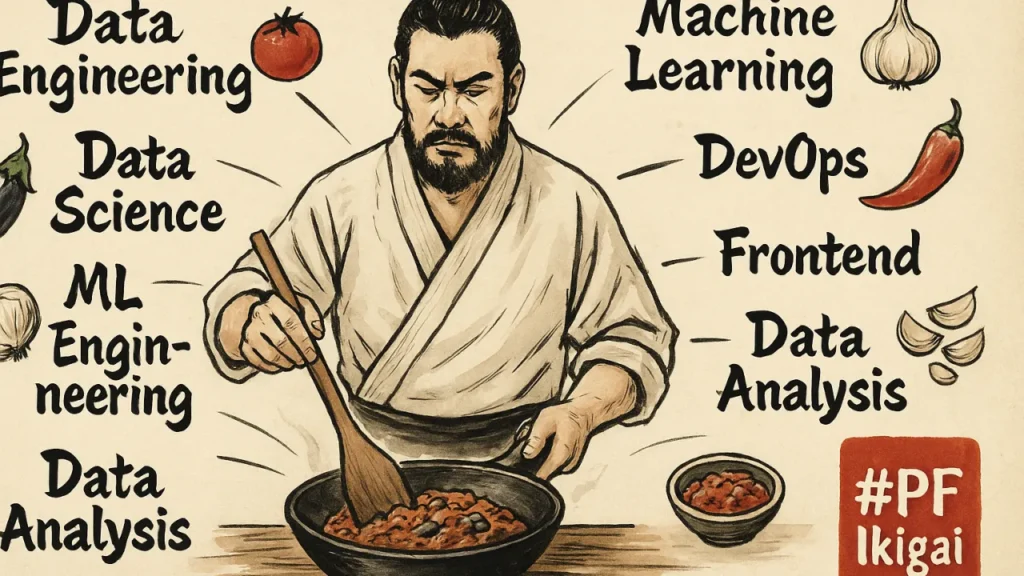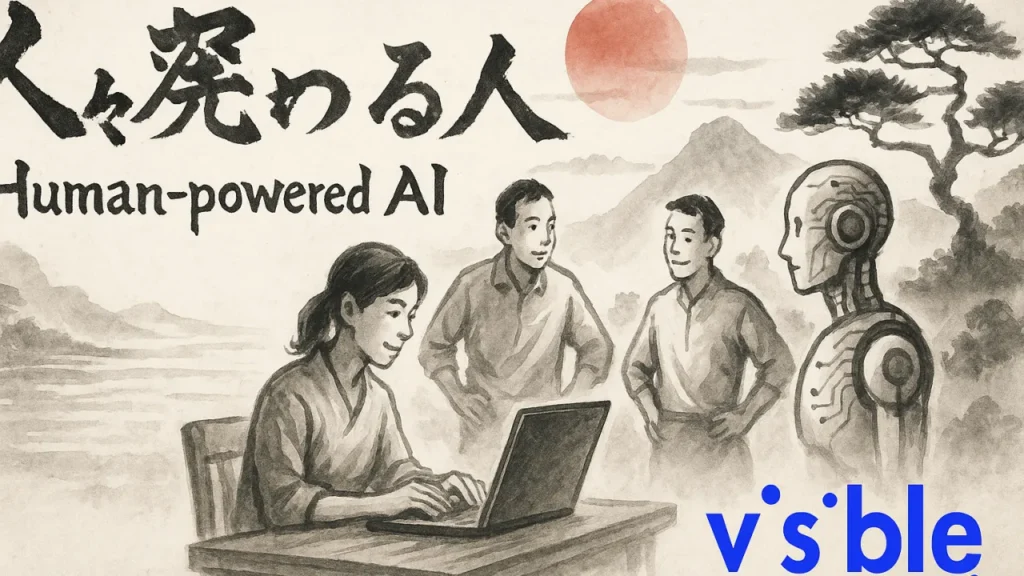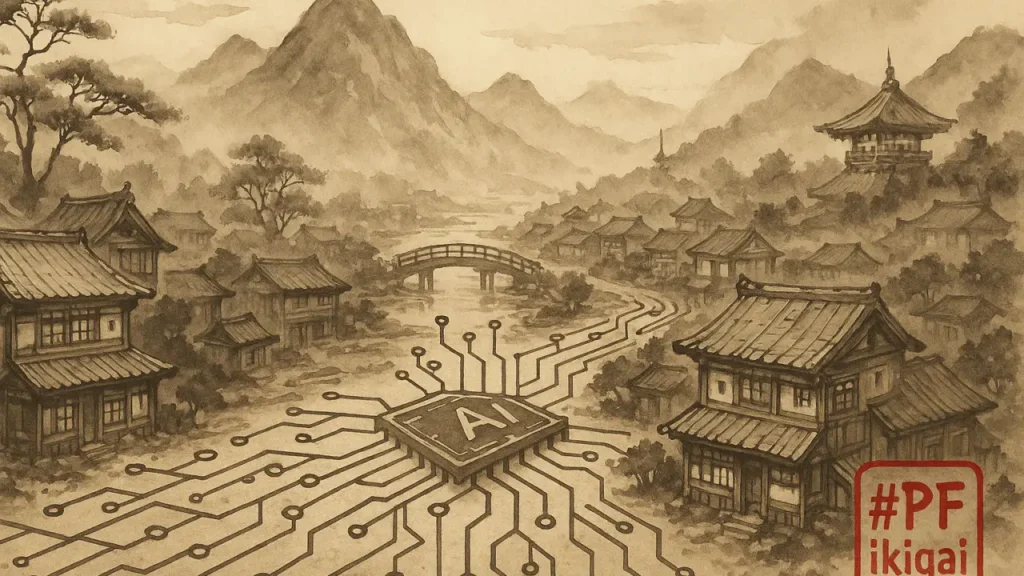Tech Writers at PF
The technology industry is evolving faster than ever, and the traditional path to success—get a degree, work your way up—may no longer guarantee career progression. Technological advancements, especially in AI, are reshaping the industry and demanding a new approach. In this article, we explore why the old formula is becoming outdated, what skills will be crucial in the coming years, and how technologists, particularly those with less than five years of experience, can adapt to thrive.
The End of the Traditional Career Path
For decades, the typical career path in technology was clear: earn a degree, start at an entry-level position, and work your way up to senior roles. But this model is no longer enough to meet the demands of today’s tech landscape. With AI advancing at an unprecedented pace, much of what used to be taught in universities is becoming quickly outdated. The demand is shifting towards skills that allow professionals to adapt and specialize in emerging technologies.
Degrees are still valuable, but they’re no longer the golden ticket to a successful career. Companies are looking for individuals who can evolve with the industry, not just those who have traditional credentials. This shift means that specialization in fields like AI, data science, and machine learning is becoming increasingly valuable.
The Evolution of Roles in Tech
Tech roles that once dominated the landscape are also evolving. Systems Analysts, Business Analysts, and QA Engineers—positions that were integral to software development—have seen their functions absorbed into more integrated roles like Product Managers and cross-functional development teams. The rise of agile methodologies and continuous integration practices has reduced the need for dedicated QA roles, pushing companies towards full-scale developers who can handle quality assurance within their workflows.
A great example of this shift is Microsoft’s Combined Engineering initiative from 2008 to 2014, where traditional QA engineers were transitioned into software engineering roles or became Software Development Engineers in Test (SDETs). This move integrated testing into the development process, making teams more versatile and adaptable.
Additionally, traditional IT Operations roles, such as sysadmins, have transformed into Site Reliability Engineers (SREs) and DevOps Engineers, with a focus on automation and continuous delivery. The role of the Solutions Architect is another example. Where this used to be a vital role in large organizations, its relevance has decreased as more senior engineers absorb its functions. Solutions Architects are now mainly found in legacy systems and highly regulated industries like telecom and finance, rather than mainstream software development.
Specialization Over General Utility
The key to success in today’s tech landscape lies in specialization. As AI becomes a central player in tech, the focus is shifting from being a generalist to being highly specialized in a particular field. AI, machine learning, data science, and cybersecurity are emerging as critical areas for professionals to focus on. Generalists may find themselves edged out in favor of specialists who can deliver deep expertise in these rapidly evolving fields.
Moreover, the development of large-scale AI solutions is shifting away from individual contribution and towards teamwork between humans and machines. Engineers who understand how to harness AI’s potential to enhance productivity will be invaluable to organizations. In this new era, a technologist’s utility will depend on their ability to work with AI tools, rather than simply knowing how to code.
Adapting to the Future: What Technologists Need to Do
As we move further into this AI-dominated landscape, the next three years will be pivotal in shaping the future of the industry. For technologists with less than five years of experience, the path to success involves being proactive in learning emerging technologies, like AI and machine learning, while developing soft skills like emotional intelligence and collaboration.
Continuous learning and upskilling are no longer options but requirements. AI and automation will take over routine tasks, making it essential for professionals to build the skills that allow them to focus on creative problem-solving, strategic thinking, and leadership.
Leaders in technology must also adapt. Engineering managers need to learn how to manage AI-enabled teams effectively. This requires a shift in mindset—moving away from traditional management approaches and adopting methods that foster collaboration between humans and AI systems.
Conclusion: The Future is Specialization
The tech landscape is transforming at an unprecedented rate, and technologists must be prepared for these changes. The traditional career path is no longer the most reliable route to success. Instead, specialization in emerging technologies, continuous learning, and the ability to adapt will define the successful technologist in the years to come.
Stay tuned for Part Two of this series, where we’ll dive deeper into the role of AI and provide actionable strategies for thriving in the new tech landscape.








